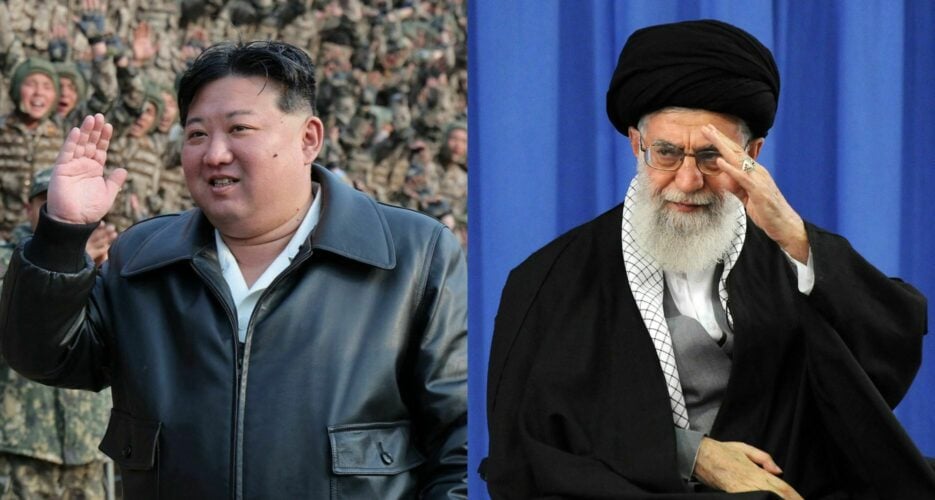The brutal terrorist attack that killed more than a thousand in Israel last year and set off the ongoing conflict in Gaza has renewed scrutiny of Iran’s support for Hamas and Islamic extremism. A network of proxies and armed groups in the Middle East forms what Tehran calls the “axis of resistance” and provides Iran with strategic depth and cover
Composed mainly of Shiite militants, the axis of resistance is often thought of as a contained regional project mostly relevant to the Shia community. But the discovery of North Korean rocket-propelled grenade launchers among a cache of captured Hamas weapons reveals the axis’ global reach — at least all the way to Pyongyang.
The brutal terrorist attack that killed more than a thousand in Israel last year and set off the ongoing conflict in Gaza has renewed scrutiny of Iran’s support for Hamas and Islamic extremism. A network of proxies and armed groups in the Middle East forms what Tehran calls the “axis of resistance” and provides Iran with strategic depth and cover
Composed mainly of Shiite militants, the axis of resistance is often thought of as a contained regional project mostly relevant to the Shia community. But the discovery of North Korean rocket-propelled grenade launchers among a cache of captured Hamas weapons reveals the axis’ global reach — at least all the way to Pyongyang.
Become a member for less
than $5.75 per week.
Unlimited access to all of NK News: reporting, investigations, analysis
The NK News Daily Update, an email newsletter to keep you in the loop
Searchable archive of all content, photo galleries, special columns
Contact NK News reporters with tips or requests for reporting
Get unlimited access to all NK News content, including original reporting, investigations, and analyses by our team of DPRK experts.
Subscribe now
All major cards accepted. No commitments – you can cancel any time.













